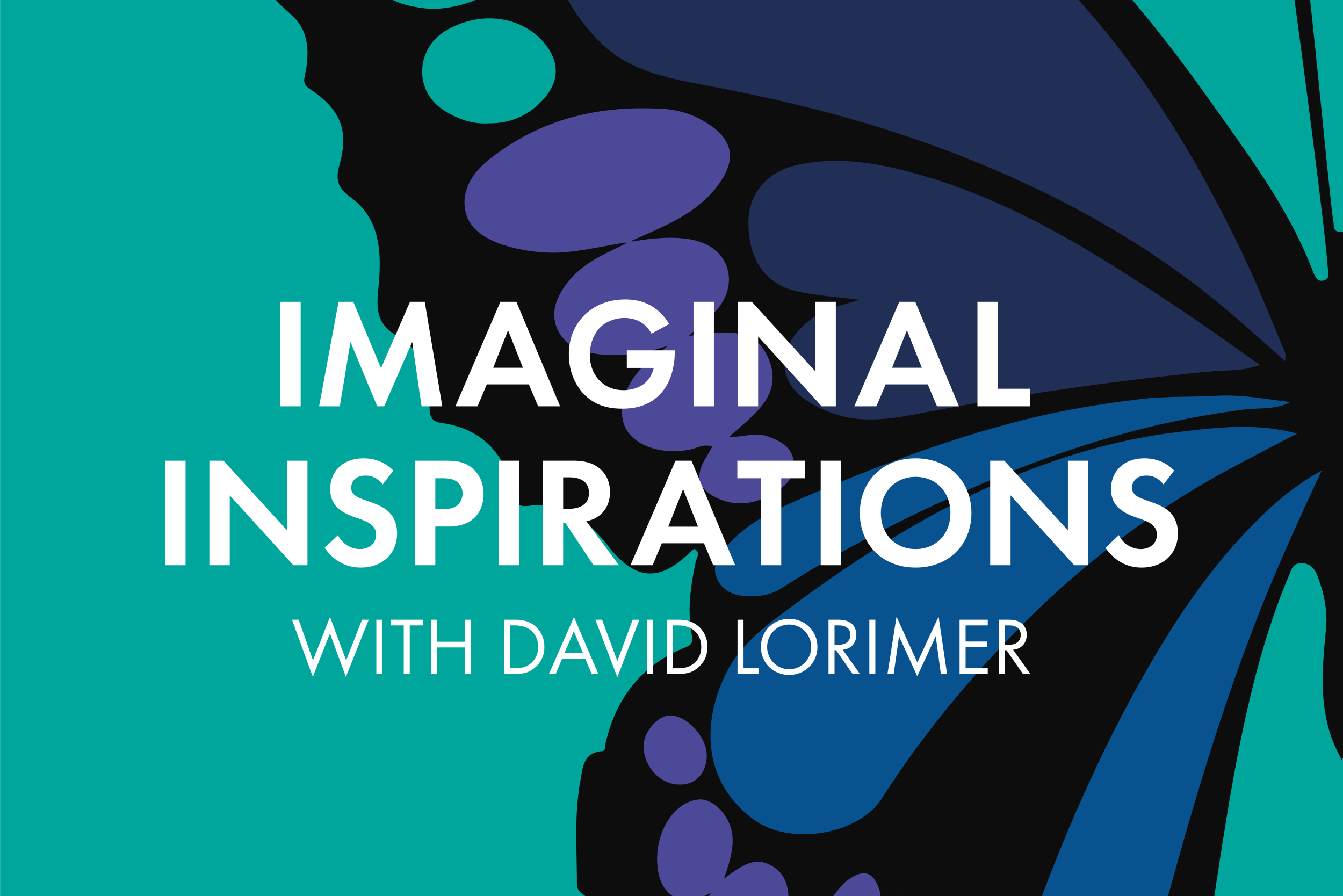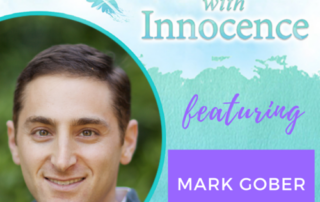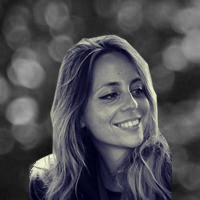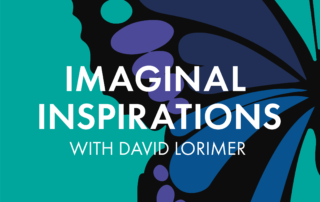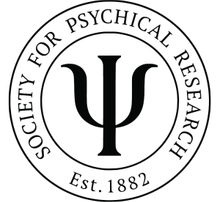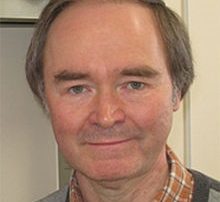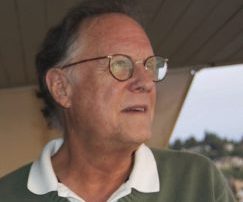
Expanding the Scope of Science
ORIGINS
David Lorimer introduces the Galileo Commission Report
REMIT
The Galileo Commission was founded in 2017 with a view to expanding the worldview of science beyond its limiting materialistic assumptions, which are seldom explicitly examined. A central and widely held assumption is that the brain generates consciousness and is therefore extinguished at death.
Following widespread consultation in 2018 with 90 advisers representing 30 universities worldwide, we have published the Galileo Commission Report, written by Prof Dr Harald Walach and entitled Beyond a Materialist Worldview – Towards an Expanded Science. The report has been widely endorsed as a groundbreaking document, so we encourage you to support our movement by joining the Galileo Commission either as a Professional Affiliate or a Friend. There is also a Summary Report and a Layman’s Report, and a brief summary of the argument is available in a number of languages. We encourage you to read and support Dr Athena Potari’s Call for a Renaissance of the Spirit in the Humanities and to read our edited book Spiritual Awakenings, which documents the transformative experiences of 57 scientists and academics.
A Call for a Renaissance of the Spirit in the Humanities
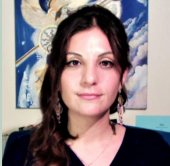 The “Call for a Renaissance of the Spirit in the Humanities”, written by Dr Athena D. Potari, is a pioneering project aiming to raise awareness regarding how the prevailing paradigm of materialism affects the ways in which knowledge is approached within the context of the Humanities. In line with the Galileo Report, which discusses the importance of liberating the positive sciences from the limitations of the paradigm of scientific materialism, this Call aims at making the case for the Humanities as well. The Call explores how recent developments in scientific studies on consciousness, and the ensuing understanding that consciousness is primary and unified, can inform our understanding of what it means to be “human” with correspondingly appropriate epistemologies, as well as how we approach key areas of human activity, including ethics, politics and the environment.
The “Call for a Renaissance of the Spirit in the Humanities”, written by Dr Athena D. Potari, is a pioneering project aiming to raise awareness regarding how the prevailing paradigm of materialism affects the ways in which knowledge is approached within the context of the Humanities. In line with the Galileo Report, which discusses the importance of liberating the positive sciences from the limitations of the paradigm of scientific materialism, this Call aims at making the case for the Humanities as well. The Call explores how recent developments in scientific studies on consciousness, and the ensuing understanding that consciousness is primary and unified, can inform our understanding of what it means to be “human” with correspondingly appropriate epistemologies, as well as how we approach key areas of human activity, including ethics, politics and the environment.What people say…
Featured book
Featured podcast
The Playful Universe – Marjorie Woollacott, David Lorimer and Gary Schwartz (Eds)
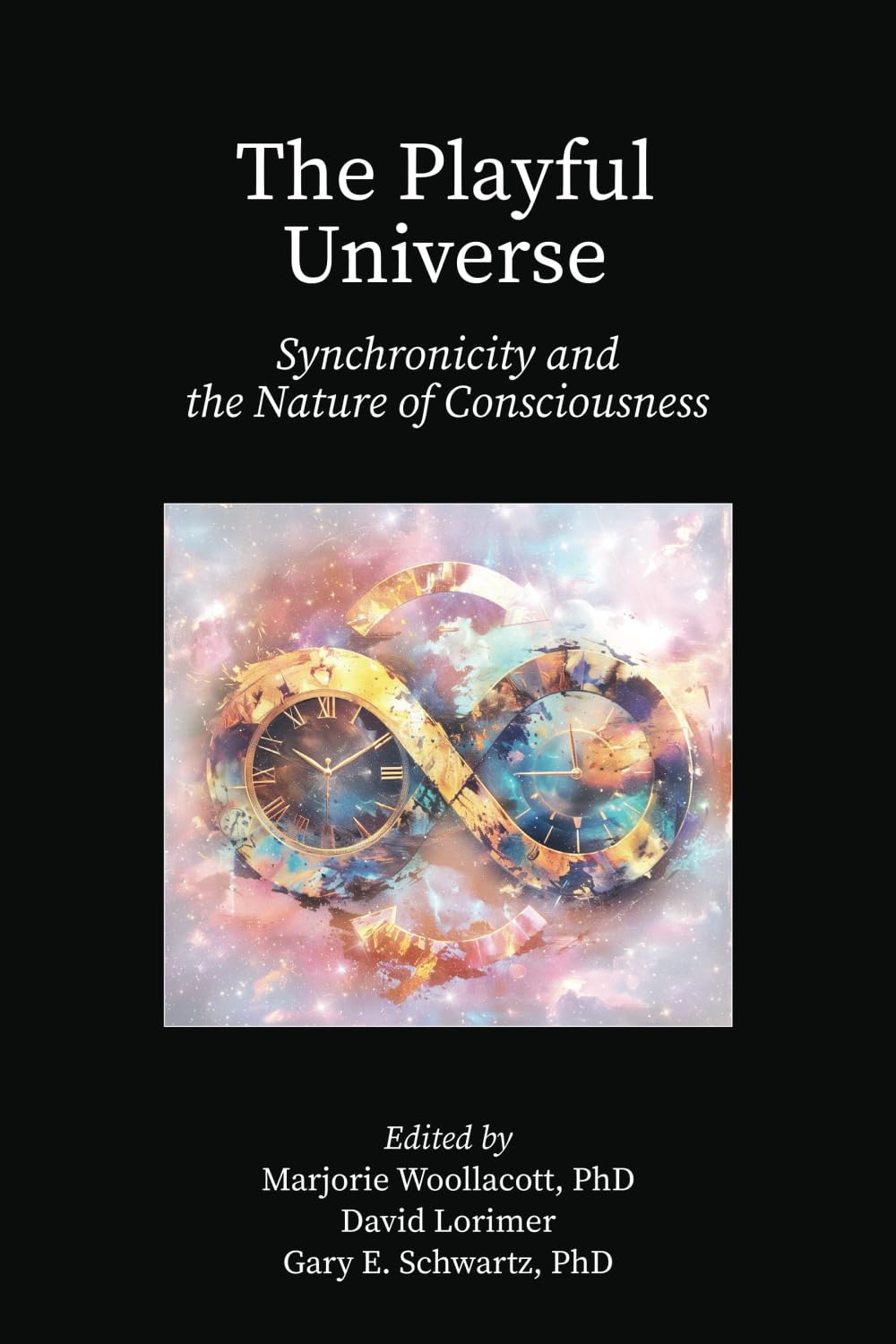
This volume consists of essays by scientists and academics describing their own experiences of synchronicity and how these experiences transformed both their worldview and the way they lived their lives. We truly believe that this is a fundamentally intelligent, benevolent, creative and playful universe in which we, as individual expressions of the one Universal Mind, co-create our reality.
Recent News
Interviews with Innocence featuring Mark Gober
In today’s episode, Mark Gober and I discuss his views on science, its relation to human consciousness, and how we perceive reality.
Spontaneous Spiritual Awakenings: Phenomenology, Altered States, Individual Differences, and Well-Being – Jessica Corneille
Spontaneous Spiritual Awakenings (SSAs) are subjective experiences characterised by a sudden sense of direct contact, union, or complete nondual merging (experience of oneness) with a perceived ultimate reality, the universe, “God,” or the divine. These profound transformative experiences have scarcely been researched, despite extensive anecdotal evidence suggesting their potential to catalyse drastic, long-term, and often positive shifts in perception, world-view, and well-being. The aims of this study were to investigate the phenomenological variances of these experiences, including the potential differences between SSAs and Spontaneous Kundalini Awakenings (SKAs), a subset of awakening experiences that the authors postulate may produce a higher likelihood of both physical and negative effects; to explore how these experiences compare to other altered states of consciousness (ASCs), including those mediated by certain psychedelic substances; and understand their impact on well-being.
Imaginal Inspirations with Felicity Warner
David Lorimer's guest today is Felicity Warner, founder of the global Soul Midwives Movement, who lectures both nationally and internationally and runs The Soul Midwives’ School, based in Dorset. She has won many awards for her work with the dying and created the idea of soul midwifery after sitting with many hundreds of people at the end of life. Her pioneering work has brought a new dimension to holistic and spiritual palliative care. She was named “End of Life Care champion” by the National Council for Palliative Care and also in “End of Life Doula”in 2017. She is author of four acclaimed books – Gentle Dying and A Safe Journey Home, The Soul Midwives’ Handbook and Sacred Oils - 20 Precious Oils to heal Spirit and Soul Her website: www.soulmidwives.co.uk
Society for Psychical Research 2021 Annual International Conference
The Annual International Conference of the Society for Psychical Research will be held this year in digital form using Zoom technology during the weekend 18-19 September, 2021. With invited speakers Prof. Bernard Carr, Dr Jim Tucker, Prof. Stanley Krippner, Prof. Christine Simmonds-Moore, Prof. Bruce Greyson and Dr Marjorie Woollacott.
Can an Extended Science Bridge the Worlds of Matter, Mind, and Spirit? – Bernard Carr
Indeed, most physicists adopt a materialist and reductionist view in which consciousness is just an incidental by-product of the brain. However, many arguments from physics itself suggest that consciousness is a fundamental rather than incidental feature of the Universe, so it is natural to extend physics to accommodate it. This is especially true if one believes in certain anomalous interactions between consciousness and the physical world. However, this will require a radically different physical paradigm from the one that currently prevails.
Nonlocality and Exceptional Experiences: A Study of Genius, Religious Epiphany, and the Psychic – Stephan Schwartz
The paper surveys some of the most important relevant research from quantum biology, physics, psychology, medicine, anthropology, and parapsychology. It proposes that more attention should be paid to the autobiographies, correspondence, and journals of men and women to whom history unequivocally accords the designation of genius, saint, or psychic, offering examples from these sources. And it presents comparisons between ethnohistorical material and spiritual traditions, suggesting they arrive at a similar worldview. Finally, it proposes that meditation research, some examples of which are cited, be seen in the context of psychophysical self-regulation, and that it offers one powerful avenue for producing these exceptional experiences.
